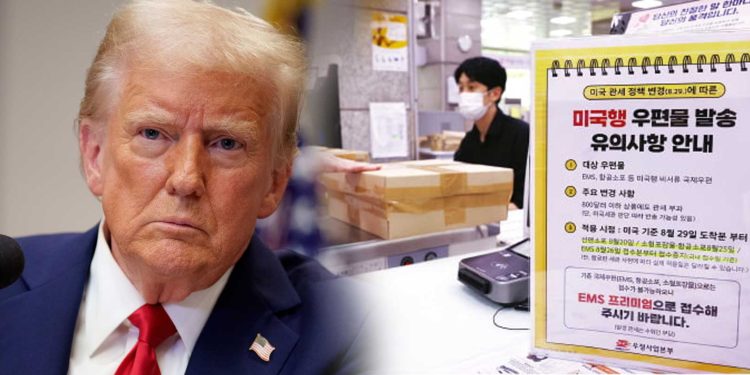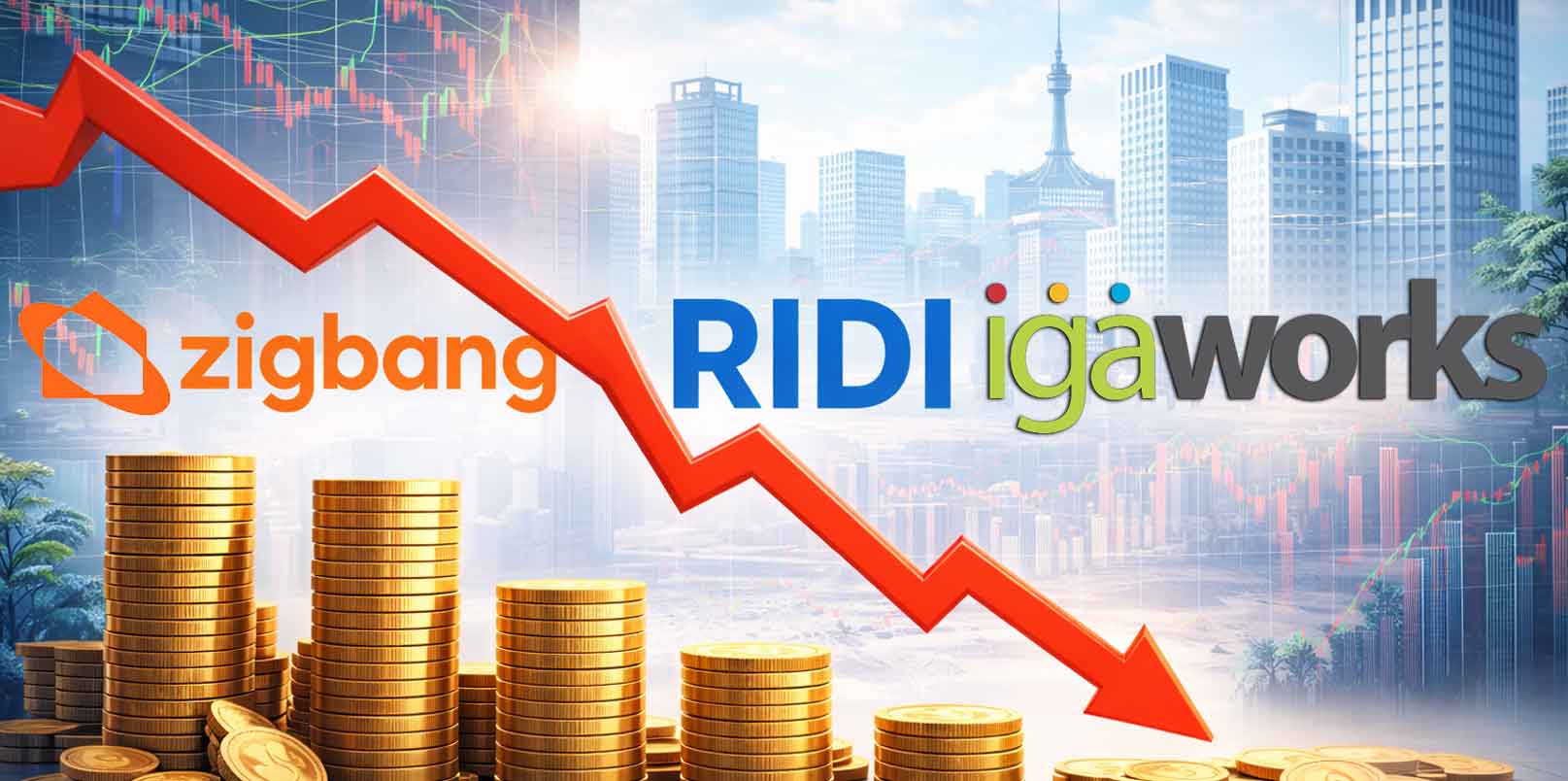The United States’ revoke of its De Minimis duty-free rule for imports under $800 has completely changed the Korean SMEs’ online exports. Once a key pathway for cosmetics, food, and K-pop merchandise to reach American consumers, the change has triggered steep tariffs and logistical hurdles. This fallout underscores the fragility of cross-border e-commerce models and raises urgent policy questions for startups and global investors.
U.S. Ended De Minimis Duty-Free Rule for Imports Under $800
On August 29, 2025, the U.S. government officially ended its De Minimis exemption, which had allowed imports valued at under USD 800 to enter duty-free. The decision has dealt a direct blow to Korean SMEs and online sellers exporting through platforms such as Amazon and eBay.
Under the new regime, a 15% retaliatory tariff applies broadly, while certain products containing metals face an additional 50% product-specific duty. This has driven up prices and sharply reduced export volumes across key categories. Korea Post also suspended U.S.-bound parcel acceptance, citing the lack of a functioning customs collection system at the U.S. Postal Service.
How De Minimis Supported Korean SMEs Online Exports
Korea’s SMEs rely heavily on online exports as a low-cost entry route into global markets.
According to the Ministry of SMEs and Startups, total Korean online exports in 2024 reached $1.38 billion, with SMEs accounting for $1.01 billion (73.2%). The U.S. was the third-largest destination, representing 18.7% of Q2 2025 direct sales, after China and Japan.
For many smaller firms with limited marketing resources, De Minimis had provided a competitive advantage. Its repeal now undermines a model that had enabled Korean startups to bypass traditional trade barriers and scale quickly in the U.S.
Direct Impact on Korean SME Exporters
B Company, a cosmetics exporter, reported that U.S. customs flagged aluminum packaging components, triggering a 50% product tariff on top of the 15% retaliatory duty.
A company official said,
“If we pass these costs onto consumers, order volumes will inevitably collapse.”
T Company, which manufactures stainless steel tumblers featuring K-pop stars, also faced steep price hikes. Its retail price jumped from KRW 50,000 (~USD 37) to KRW 75,000 (~USD 56), eroding demand.
Kim Tae-kyung, CEO of LeadingTrust, an online trade platform, highlighted an additional challenge:
“Some U.S. buyers, unaware of the new tariffs, have begun refusing delivery. Return shipments from the U.S. can cost five to ten times more without discount rates.”
Han Ki-yong, CEO of Ason & Company, stressed broader implications:
“E-commerce had been an effective gateway for SMEs to enter the U.S. market. With this door closing, both export growth and dollar inflows will suffer. The government must introduce tangible support measures.”
Exposing More Risks and Vulnerabilities in Korea’s Startup Economy
The U.S. tariff shift exposes vulnerabilities in Korea’s cross-border startup economy. Industries most affected—K-beauty, K-food, and K-pop merchandise—are also the sectors driving Korea’s cultural export momentum. Losing price competitiveness risks weakening Korea’s soft power in consumer markets where these products often act as cultural ambassadors.
Meanwhile, for investors, the development signals heightened risk in consumer-facing Korean startups reliant on U.S. demand. At the same time, it may push startups to diversify export markets, strengthen logistics partnerships, and advocate for government-backed trade facilitation measures.
New Barriers to U.S. Market Entry for Korean SMEs and Startups
Ultimately, the end of the U.S. De Minimis duty-free regime has transformed what was once a growth channel into a chokepoint for Korean SMEs and startups.
With tariffs as high as 50% eroding competitiveness, policymakers face pressure to step in with more meaningful support.
For founders and investors watching Korea’s global expansion pathways, this moment illustrates the importance of resilient trade strategies and adaptive policy frameworks in sustaining international growth..
🤝 Looking to connect with verified Korean companies building globally?
Explore curated company profiles and request direct introductions through beSUCCESS Connect.
– Stay Ahead in Korea’s Startup Scene –
Get real-time insights, funding updates, and policy shifts shaping Korea’s innovation ecosystem.
➡️ Follow KoreaTechDesk on LinkedIn, X (Twitter), Threads, Bluesky, Telegram, Facebook, and WhatsApp Channel.






